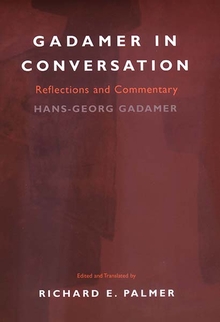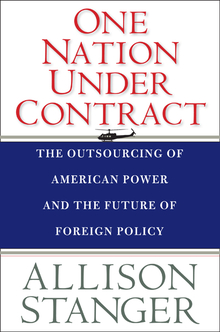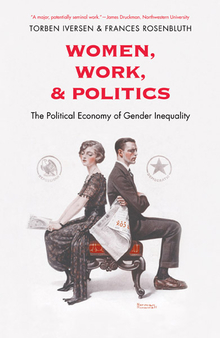American Hegemony
WARNING
You are viewing an older version of the Yalebooks website. Please visit out new website with more updated information and a better user experience: https://www.yalebooks.com
Political Morality in a One-Superpower World
Lea Brilmayer
Lea Brilmayer argues that American hegemony is a form of international governance and must be evaluated by liberals in the same way they would evaluate the legitimacy of domestic political arrangements. According to Brilmayer, liberal political morality as expounded by such philosophers as Rawls and Nozick requires that those who are governed give their consent, and so this becomes the key to hegemonic legitimacy. Brilmayer discusses three ways that consent can be obtained and then shows how a further justification for hegemonic governance can be provided derived from basic universal norms of human rights. Each of these four rationales, says Brilmayer, provides a standard for assessing the legitimacy of American actions. Each also specifies that there are certain circumstances in which hegemonic intervention is not only permitted but actually required. Liberal political morality thus provides a limited justification for American hegemony, although—since liberal political morality is often criticized as misguided or irrelevant—even this limited justification is dubious.
Brilmayer's book is a brilliant demonstration of the importance of normative evaluation and of the moral problems underlying the enforcement of international law.
"In this fascinating and well-written book, Brilmayer makes a nuanced argument about the conditions under which hegemony could be considered benign. American Hegemony will be rewarding reading for historians, international lawyers, and philosophers as well as political scientists."—Robert O. Keohane, Stanfield Professor of International Peace, Harvard University
"An original, creative, and convincing book. . . . Her thesis is . . . philosophically and politically attractive. If adopted and implemented by democratic leaders in their conduct of foreign policy, the world would be a better place. . . . With this book, Lea Brilmayer confirms the important place that her work already enjoys in the literature."—Fernando R. Tesón, Michigan Journal of International Law
"Brilmayer...displays real virtuosity as an analytical philosopher."—Foreign Affairs
Publication Date: September 25, 1996








